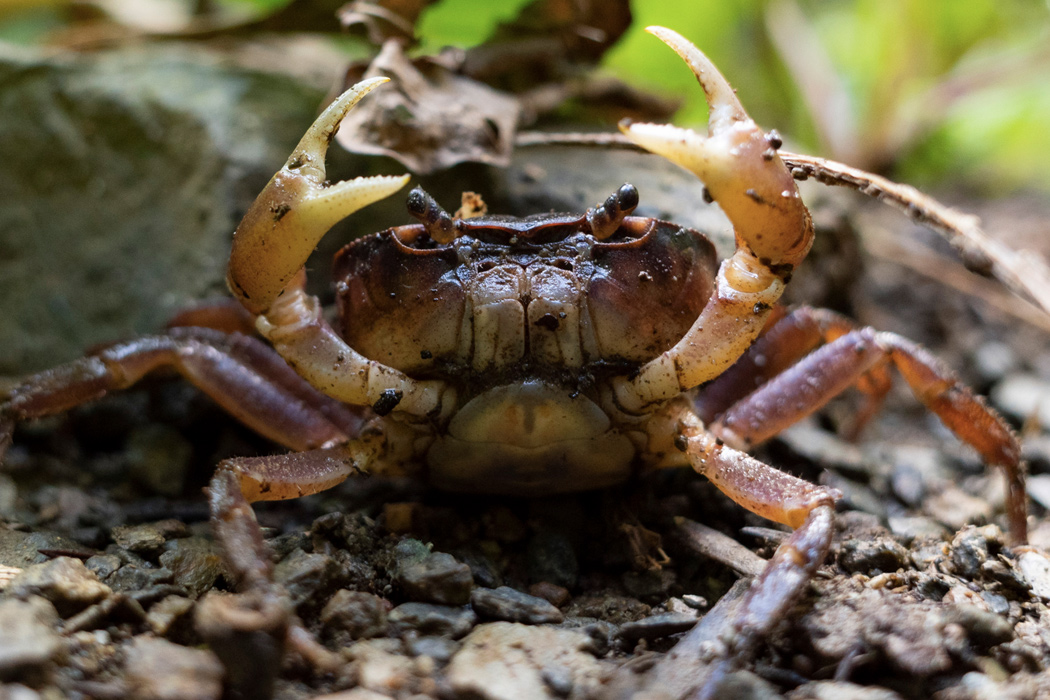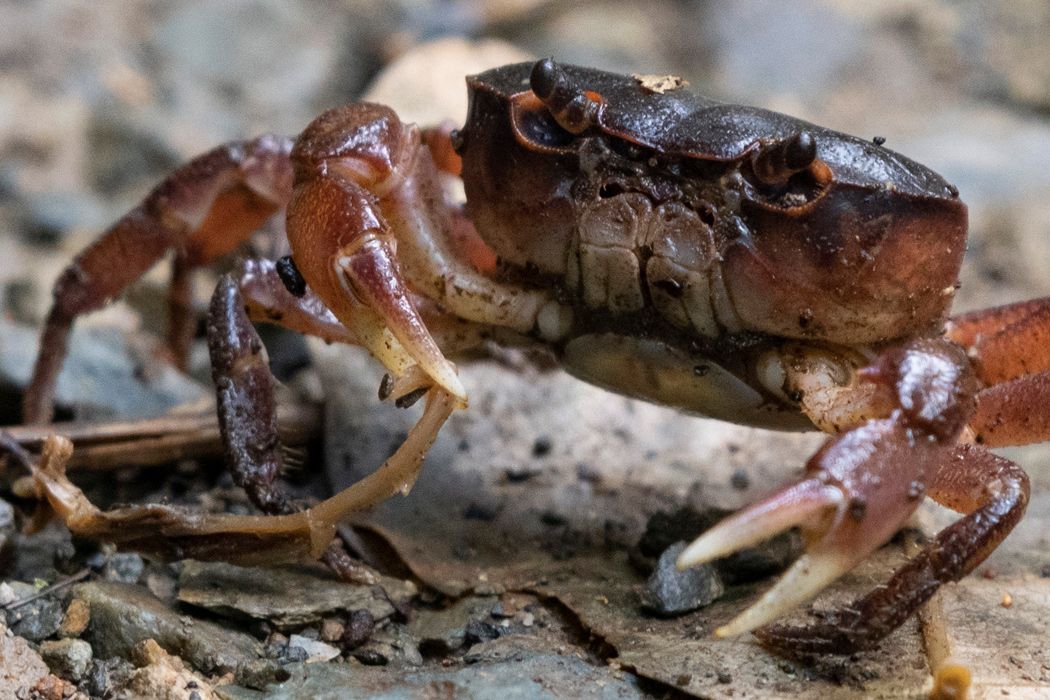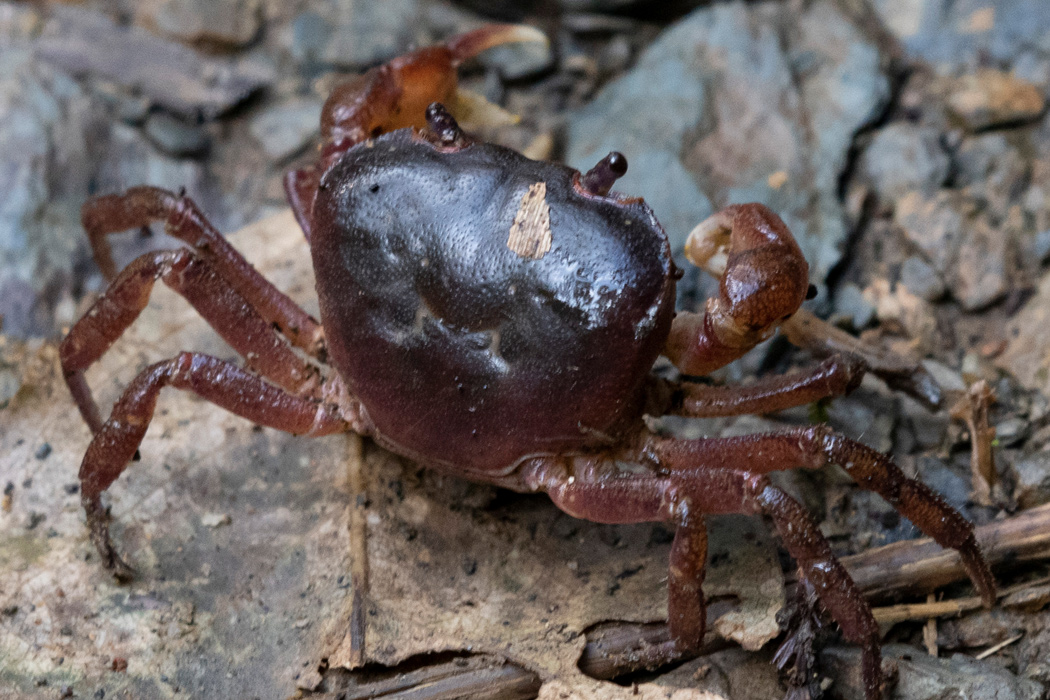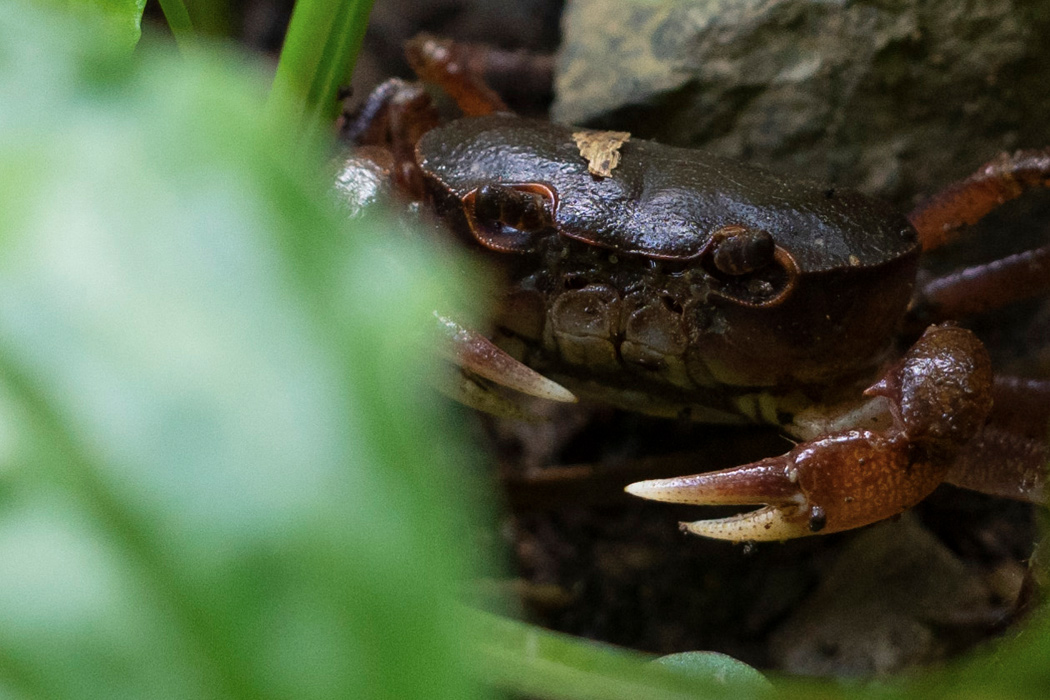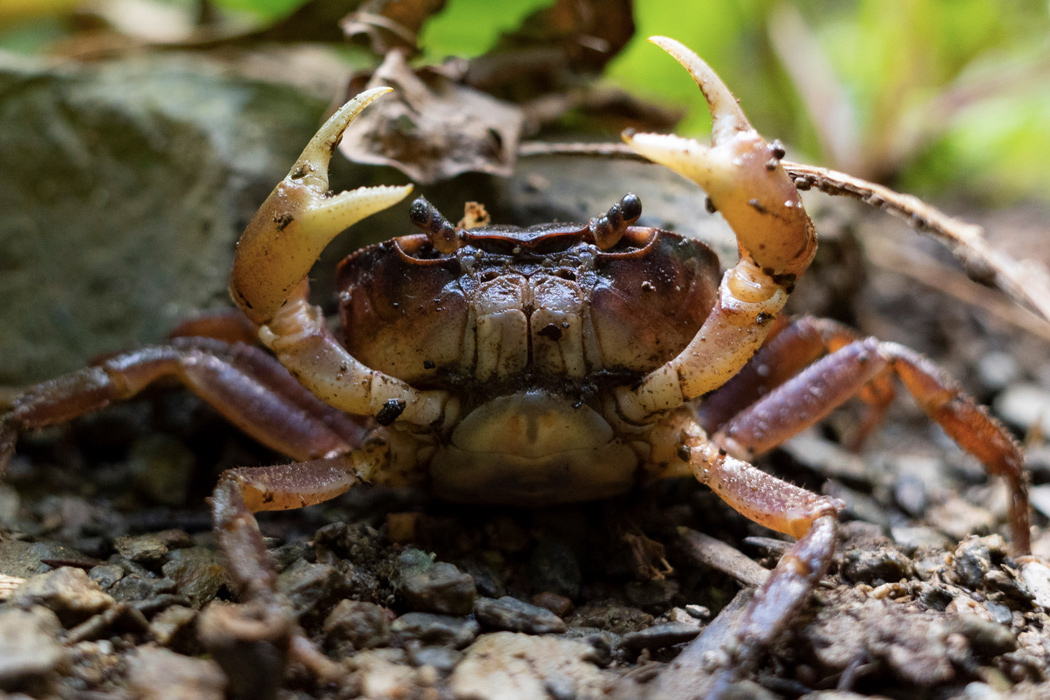
Japanese Freshwater Crab
Japanese endemic species living in mountain streams
| Scientific name | Geothelphusa dehaani |
| English name | Japanese Freshwater Crab |
| Japanese name | 沢蟹 |
| Classification | Malacostraca |
| Classification details | Decapoda Potamidae |
| Full length | 20-30mm (crustacean) |
| Distribution | Distributed south of Aomori Prefecture. |
Characteristics
A crab endemic to Japan that can be seen in beautiful mountain streams. The surface of the carapace is smooth and reddish-brown. The legs are reddish. The scissors have lost their brown color and are milky white. There are individual and regional differences in body color, and paler brown and blue types are also seen.
How to eat freshwater crab
It can be eaten boiled in soy or deep-fried.
When I was a child, I also tried to eat it fried. It's delicious if you fry it until it's crispy. If the method of frying is not sufficient, a fishy smell will remain.
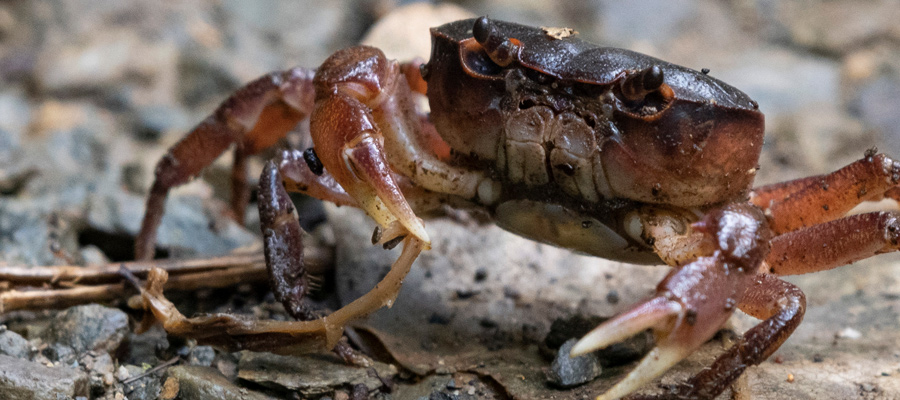
Ecology
Inhabits mainly under rocks in the upper and middle reaches of rivers. They cannot survive unless the water quality is clean to some extent. On rainy or humid days, they sometimes extend their legs to the forest near the river.
In addition to eating insects and earthworms as an omnivore, it also eats plants. It breeds in the summer and is thought to live for about 10 years.
Habitat
This photo was taken on a forest road along a stream in Minamiasagawa-cho, Hachioji City. I immediately hid under the grass. When I brought the camera closer to take a picture, I raised my scissors high and threatened.
If the river is not muddy, it can be found normally in the city. In parks with waterfronts, individuals can sometimes be found climbing trees.
Pictures
Introducing a picture of Japanese Freshwater Crab.
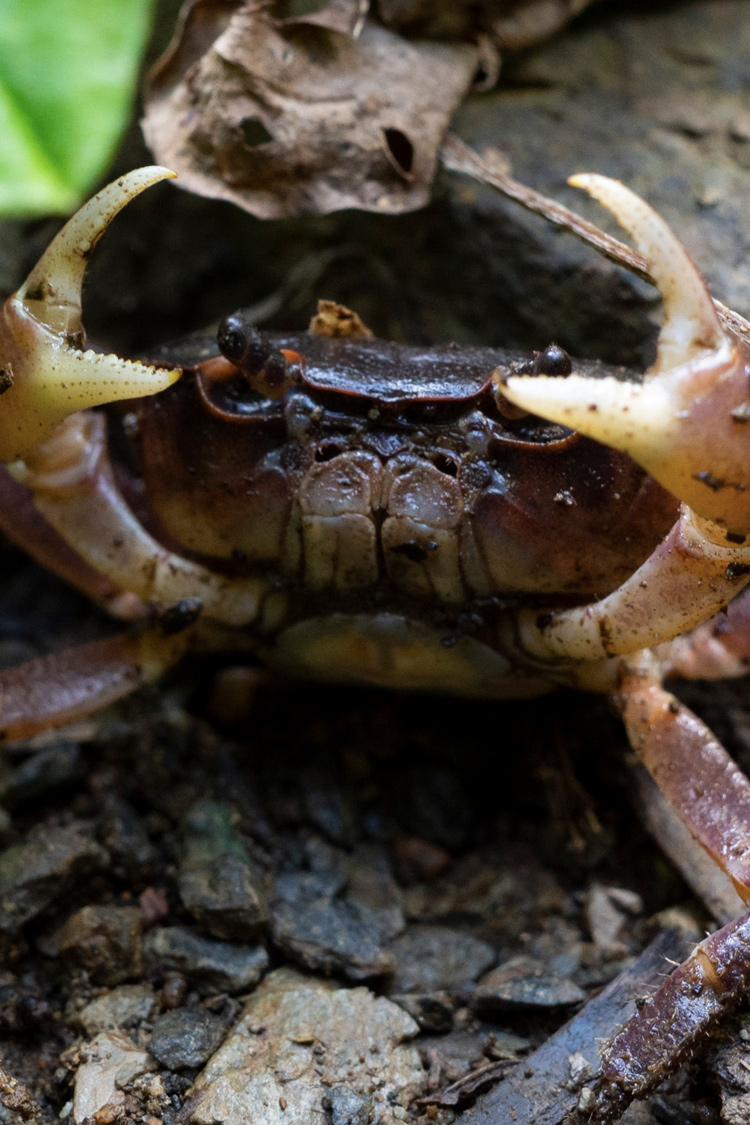
Picture book
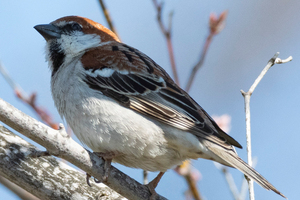
Cinnamon Sparrow
Sparrows without black spots on cheeks.......ead more.

Blue Rock Thrush
sings with a complex melody.......ead more.
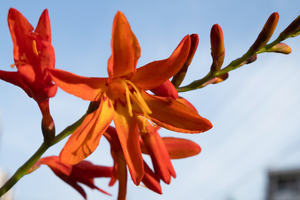
crocosmia
Orange flowers bloom in summer.......ead more.

Japanese eel catfish
Juveniles produce "gonzui balls".......ead more.

Little Egret
A heron with a fashionable summer crest.......ead more.
